US consumers think grocery stores and chains can do much more to boost the sustainability of their supermarkets, according to a recent survey from software company Retail Insight.
The firm’s original research surveyed more than 1,000 US shoppers. Some 67% of those shoppers, believe grocery stores need to improve their sustainability credentials. A mere 6% said stores were doing all they could to be environmentally friendly.
Key data points:
More than two-thirds of respondents — 77% — have tried to make their consumption habits more sustainable in the last 12 months. This number jumps to 88% in the 25–34-year-old demographic.
- Over half of respondents — 55% — said they would be more loyal to a brand they perceived to be more green.
- Almost half said they would “be happy paying a premium” for goods that were “green”; 52% said they would be happy for their weekly grocery bill to go higher if it meant helping the environment.
- Mistrust around sustainability claims and “greenwashing” are a concern: 54% of respondents believe grocers “merely paid lip service” to sustainability initiatives.
- Just 6% believe supermarkets sustainability claims come from a genuine desire to save the planet.
In context:
“It’s now more important than ever that grocers’ sustainability initiatives go beyond the rhetoric,” Paul Boyle, CEO of Retail Insight, said in a statement, adding that consumers are voting with “their feet” and “their wallets” and choosing brands genuinely committed to reducing environmental impact. “This isn’t just impacting sales, it’s redefining customer loyalty; our research shows that 55% of shoppers would be more loyal to a grocery store brand if they perceived the business to be green.”
Retail Insight’s data is hardly the only set of figures out there suggesting consumers want more sustainable choices when they go to the grocery store and that retailers share some of the responsibility for this sustainability.
- A 2021 report from the Coca-Cola Retailing Research Council (CCRRC) of North America found that 7 in 10 supermarket shoppers want to reduce their impact on the environment as much as possible.
- Cargill, which surveyed 6,000 consumers in 11 countries, found that 55% would be more likely to buy a packaged food item labeled with a sustainability claim.
- Sustainability groups are beginning to analyze grocery stores’ sustainability efforts around everything from food waste and plastic packaging to where stores get their energy.
What’s next?
All this begs the question, what does “sustainability” actually mean?
The Food Industry Association (FMI) recently outlined five key ways grocery retailers can be more sustainable, though it should be noted these are specifically about food waste: expanding surplus food donations, developing composting strategies, standardizing date labels, developing “waste-prevention cultures” in their organizations, and setting waste reduction goals.
Some additional numbers from Retail Insight’s survey respondents provide other ideas for where grocery retailers should focus in the future:
- Well over half — 70% — said food retailers still sold goods with excessive packaging.
- Another 56% said more could be done to create greener supply chains.
- Some 67% said retailers could do more to improve their sustainability credentials.

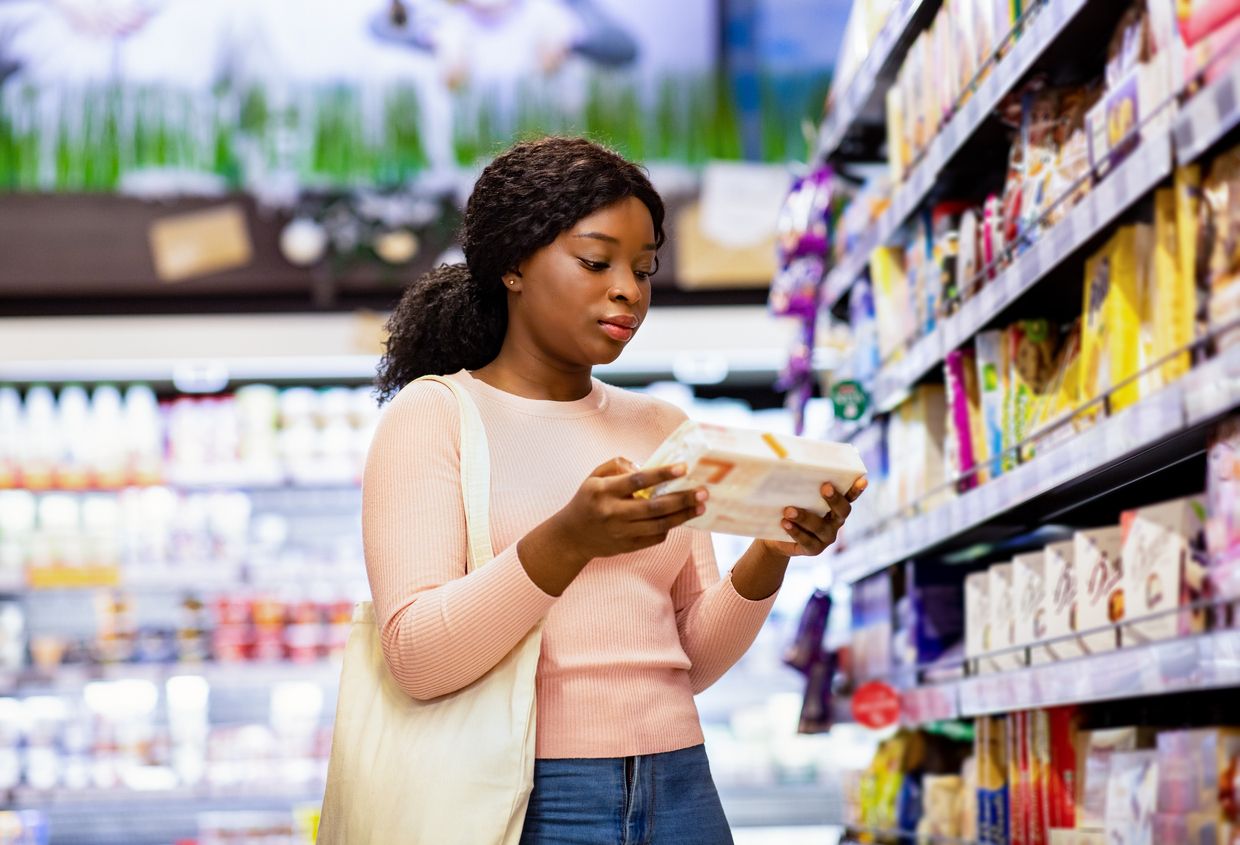
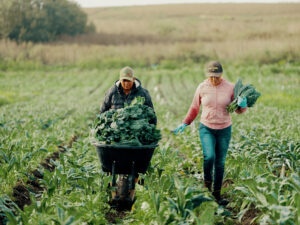

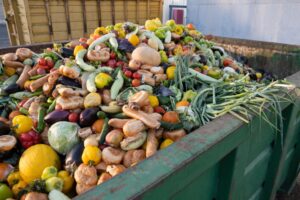


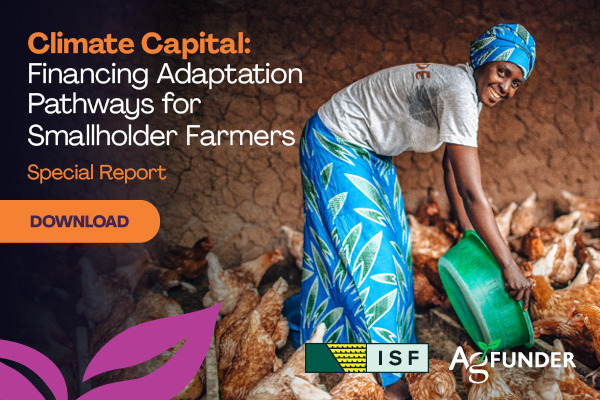



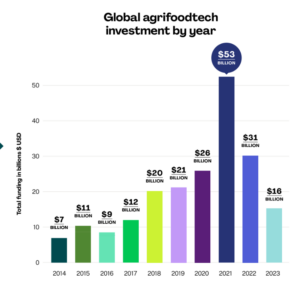



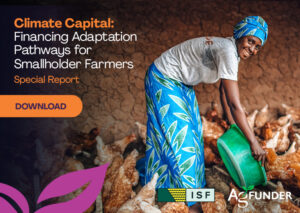

Sponsored
International Fresh Produce Association launches year 3 of its produce accelerator